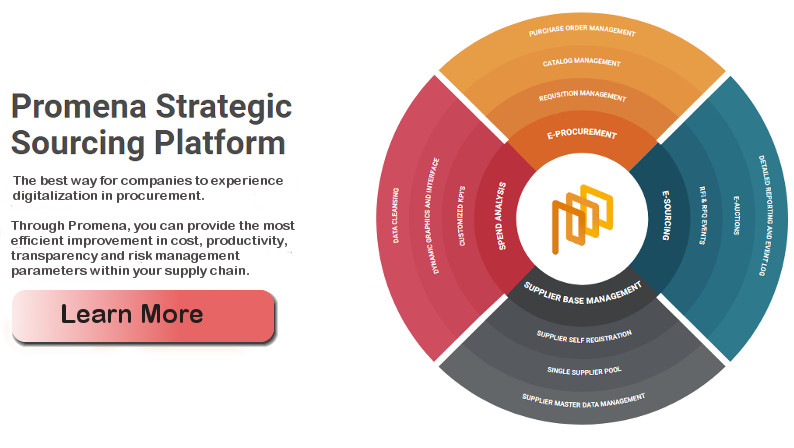Due Diligence Audit
Administrative | Financial | Assets | Human Resources | Environmental | Ergonomics | Taxs | Intellectual Property | Legal | Procurement | Supply Chain
Enhanced Due Diligence The objective of this audit is to know in detail and evaluate the administrative, strategic, commercial, financial, legal, etc., of the target company by the interested company.
Is an extensive audit process undertaken usually by third party auditor-firm.
Due diligence is a sound company or corporate background check. This means that you hunt for any issues that weren’t addressed during the audit of the financial statements — issues that may have an impact on the way people interpret those financial statements.
The Due Diligence process:
- Planning of the comprehensive Due Diligence process by the interested company
- Formation of the audit team and its coordination with the audit team
- Company of interest
- Determination of the scope of the work to be carried out
- Development of the checklist, according to the characteristics of the company of interest
- Execution of the Due Diligence audit according to the comprehensive plan
- Carrying out the analysis and synthesis of the various antecedents obtained
- Preparation of the Due Diligence report
Due Diligence Benefits
When executed properly a due diligence audit provides valuable information to support the decision making process, to support the proposed acquisition and/or to identify early the nature and extent (and potential impact on value) of any material, assets, technical or human resources risks in the target company-area or business.
Types of due diligence:
- Legal Due Dilignce Its objective is to determine, with precision, the legal situation of the company in its entirety, that is, rights, obligations, contracts, records, etc. in terms of society, officials, assets and liabilities of the company
- Financial Due Diligence The objective of this specific audit is to establish the financial performance, as well as the past, current and foreseeable financial situation of the company of interest in their relationship, for a part, with the current characteristics and trends of the market and, second, with the competitiveness of the company. In addition, it is important to verify whether the figures in the financial statements accurately reflect accuracy the material reality of the company.
- Tax due diligence Its objective is to establish, with precision, the current tax situation and the projection of the tax obligations of the company of interest, in relation to the possible acquisition, the structuring its financing and the foreseeable evolution of its commercial activities.
- Due diligence of human resources Its main objective is to assess the human resources available, especially professionals and technical as to its importance for the future development of the company of interest. That means, carry out a survey regarding training, professional experience, ages, salaries, absenteeism rates, health situation, etc.
- Due Diligence of information technologies The objective of this audit is to establish the quality, that is, technological level of software and equipment, physical location of the equipment, status of licenses, etc., of the computer system existing, as well as, the compatibility of said system with that of the acquiring company.
- Commercial and strategic due diligence Its objective is to establish the real business prospects of the company of interest, according current characteristics and trends in demand, and the characteristics of the competitors, all in relation to the relative competitiveness of the company under consideration. This audit is of primary importance to adequately estimate the value range of the target company.
When Should the Due Diligence Start? An Operational Due diligence starts when a company needs to examines the target company’s systems and processes to identify risks arising from execution of the business function. A Financial Due Diligence in a company aquisition process must start when both parties have agreed, in principle, to a deal but have not yet signed a binding agreement. Instead, they will sign a Letter of Intent (LOI).
Promena USA - Kummerk
To request more info Click here
Our Services
- Audits to Procurement Operations
- Contract Managemet
- Cost/Expenditure Analysis and Reduction
- CTPAT-NEEC certification preparation
- Due Diligence
- DFAA-DFX2 Studies
- e-Procurement & e-Sourcing Software
- ERP JDE - SAP Support & Training
- Fill Rate/Supplier Execution measurement and evaluation
- FMEA analysis and studies
- International Commerce Consultancy
- Outsourcing - WorkForce
- Product Market Cost Analysis
- Physical count and Warehouse Audits
- Price Benchmarking
- Product Cost Administration
- Purchasing Audits and Consultancy
- Purchasing Outsourcing
- Reverse Auctioning & bidding/quoting
- RFPs, RFQs & Online Purchasing
- Six Sigma Consultancy
- Six Sigma Audit
- SMED analysis and workshops
- Supplier Activation
- Supplier Development programs
- Supply Chain Analysis
- Time & Motion analysis
- Value Chain Analysis
- OEE Software
- FMEA Software
IT and related services
- Time and Motion Software,
- Purchasing Software
- + E-Auction Software
- FMEA Software
- Automatic Work Instructions Software
- + e-Sourcing México
- SMED Software
- Resource Balance Software
- Stopwatch Software
- Overall Equipment Efficiency Software
- ERP SAP - JDE Software
- + OLE and OEE Software
- + Digital Signage Software
- + RPA Software
- + Human Resource Software







